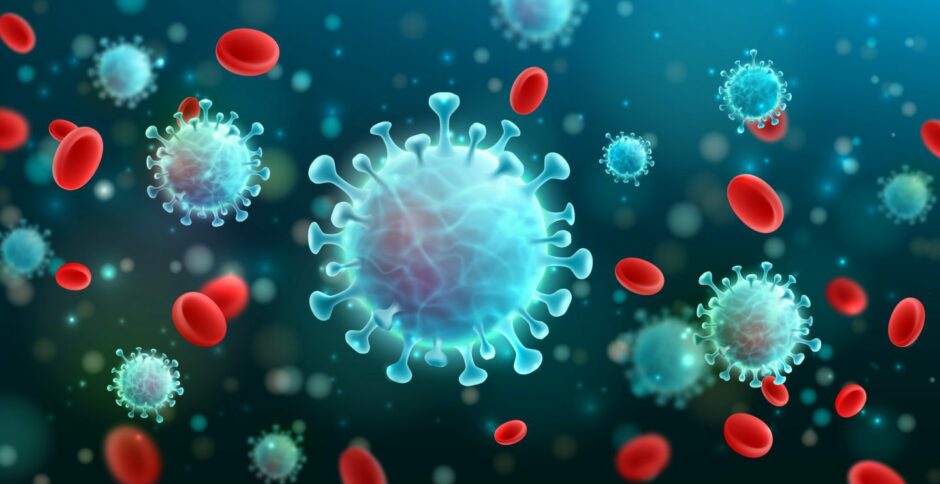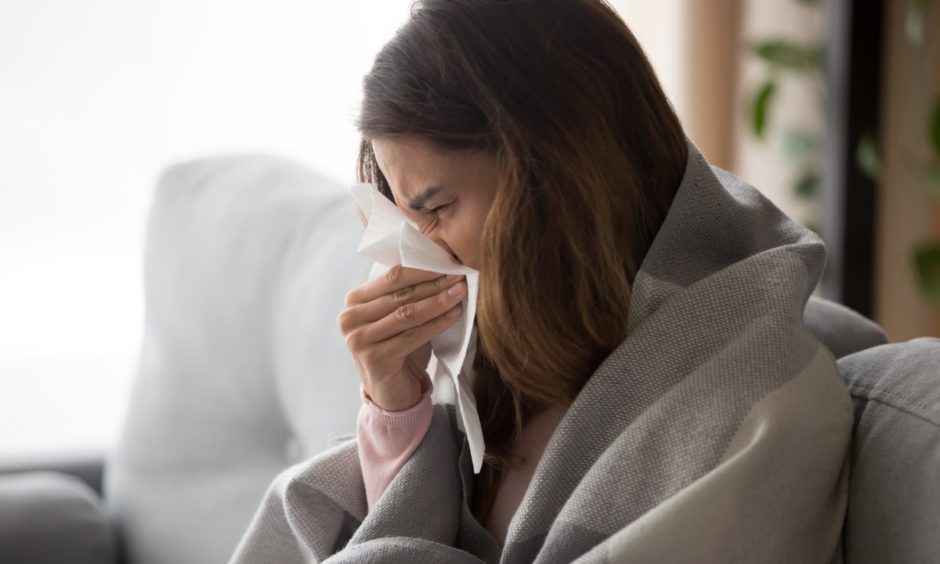These days a simple cough or sneeze in the vicinity can be enough to make us wary of catching Covid.
But what about those who are asymptomatic?
We’re answering all your questions on whether an asymptomatic person can pass on the virus to others or not.
How many Covid cases are asymptomatic?
We all know the classic signs and symptoms of Covid and it’s Omicron strain by now.
But various research projects conducted throughout the pandemic estimate anywhere between 1.4% to 78.3% of Covid cases are asymptomatic.
Most of the research carried out during this time found the average to be around 35% to 45% of cases resulting in no symptoms.
And with Omicron contributing to a higher rate of asymptomatic cases, it’s more likely than ever there are people wandering around with Covid without realising it.
But are asymptomatic people contagious?
Maybe you’ve recently tested positive but don’t have any symptoms. Does that mean it’s OK to go about business as normal?
Research shows asymptomatic people seem to be less likely to transmit the virus than symptomatic people.
One study found the risk of asymptomatic transmission was 42% lower than that for symptomatic transmission.
Another found asymptomatic household members had 69.6% lower odds of infecting another household member compared to those reporting symptoms.
However, just because the risk of transmitting Covid is lower when you have no symptoms, it doesn’t mean it’s impossible.
This is why if you test positive and have no symptoms, you should follow Scottish Government guidance and stay home until you feel better as you can still infect others.
What about if I’m presymptomatic?
Being presymptomatic means you’re in the period before symptoms develop: You’ve already caught Covid, your symptoms just haven’t started yet.
This time is actually thought to be the period when someone is most infectious, according to research.
Some experts believe people infected with Covid can spread it two to three days before symptoms start and are most contagious one to two days before feeling sick.
However, other sources say people are most infectious after symptoms begin.
If you can be contagious before symptoms begin, this backs up the theory you can be contagious with no symptoms at all.
The safest way to avoid unknowingly transmitting the virus to someone is to wear a mask in crowded public spaces, or complete regular Covid tests, if you’re able to.




Conversation